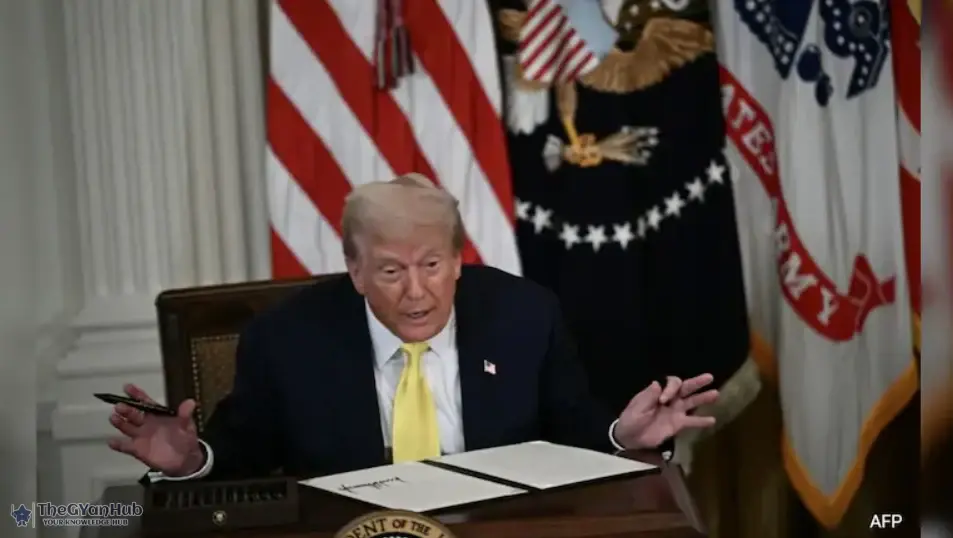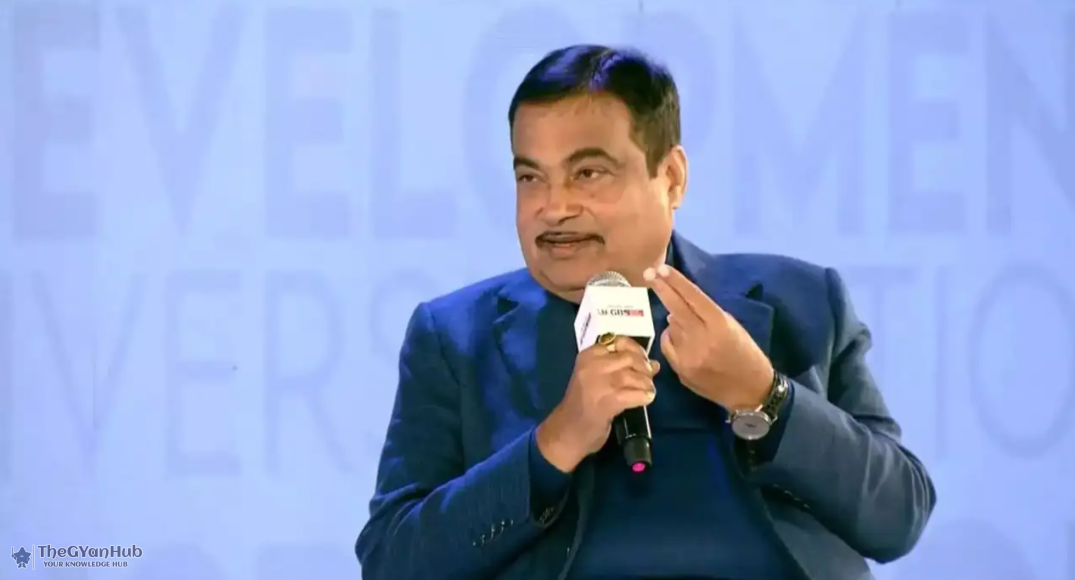I’m a passionate writer who loves exploring ideas, sharing stories, and connecting with readers through meaningful content.I’m dedicated to sharing insights and stories that make readers think, feel, and discover something new.
Nitin Gadkari's Bold Defense of Ethanol Policy
In a recent statement that has captured national attention, Union Road Transport and Highways Minister Nitin Gadkari dismissed criticisms of the government's ethanol-blended petrol programme as politically motivated. Gadkari, known for his forthrightness, claimed that his brain 'is worth Rs 200 crore a month' and assured that he is not short of money. This remark underscores his confidence in the policy's potential to transform India's energy landscape.
The Ethanol Policy: A Closer Look
The ethanol-blended petrol programme aims to reduce India's dependency on fossil fuels by promoting the use of ethanol, a renewable energy source. This initiative is part of a broader strategy to enhance energy security, reduce greenhouse gas emissions, and support the agricultural sector by utilizing surplus crops for ethanol production. Despite its potential benefits, the policy has faced criticism from various quarters, including environmentalists and political opponents.
Economic and Environmental Impacts
Proponents of the policy argue that it could significantly reduce India's oil import bill, thereby strengthening the economy. Moreover, the use of ethanol is expected to lower pollution levels, contributing to a cleaner environment. However, critics have raised concerns about the impact on food security and the feasibility of large-scale implementation. Gadkari's remarks aim to reassure stakeholders about the policy's viability and benefits.
Political Reactions and Public Perception
Gadkari's statement has sparked a flurry of reactions from political circles and the public. While some view his confidence as a testament to the policy's potential, others see it as an attempt to deflect criticism. The minister's assertion about his brain's worth has also become a talking point, highlighting the high stakes involved in the policy's success.
Moving Forward: Challenges and Opportunities
The road ahead for the ethanol policy is fraught with challenges, including infrastructural constraints and the need for technological advancements. However, the opportunities it presents for sustainable development and economic growth cannot be overlooked. As India continues to navigate its energy transition, the success of the ethanol programme could serve as a model for other developing nations.
Further Reading
Related articles in this category

World News
El Mencho Killed: The Fall of Mexico's Most Powerful Drug Cartel
February 23, 2026
The recent killing of Nemesio Rubén Oseguera Cervantes, known as 'El Mencho', has led to significant upheaval in Mexico as the Jalisco New Generation Cartel faces a power vacuum. This article explores the implications of his death on the drug trade and national security.

World News
Sam Altman vs. Sridhar Vembu: A Clash on AI and Human Energy Consumption
February 22, 2026
In a recent discussion, Sam Altman compared the energy consumption of AI systems to that of humans, prompting a strong rebuttal from Sridhar Vembu. This article explores their contrasting views on energy efficiency and sustainability.

World News
Trump's Loss, India's Gain? How Tariff Order Could Affect Trade Talks
February 20, 2026
The US Supreme Court's decision to strike down Trump's Global Tariffs Policy may have significant implications for India, potentially reshaping trade dynamics. As New Delhi navigates this change, the global trade landscape could see a shift in power.
Nitin Gadkariethanol policyrenewable energyIndiagovernment policyethanol-blended petrolenergy securityenvironmental impactpolitical criticismeconomic benefits






